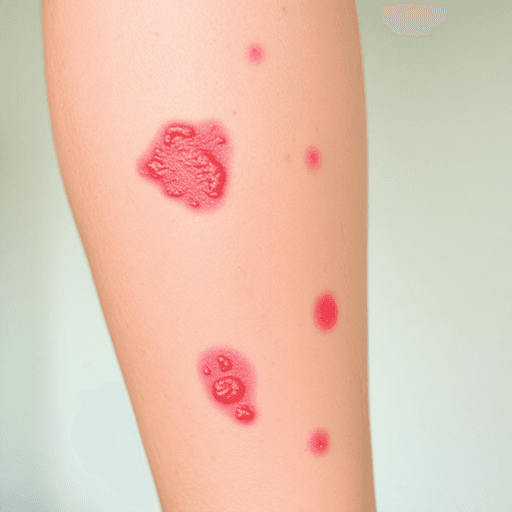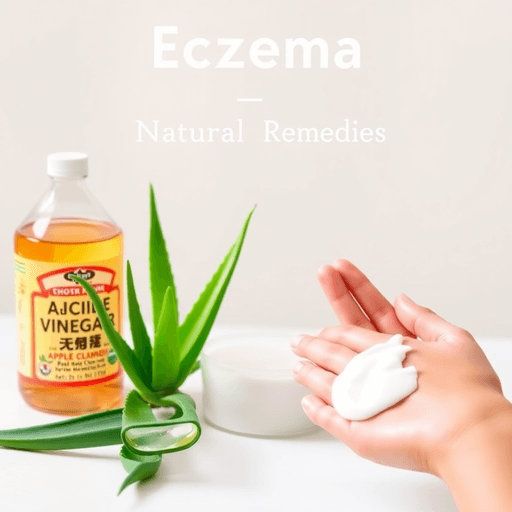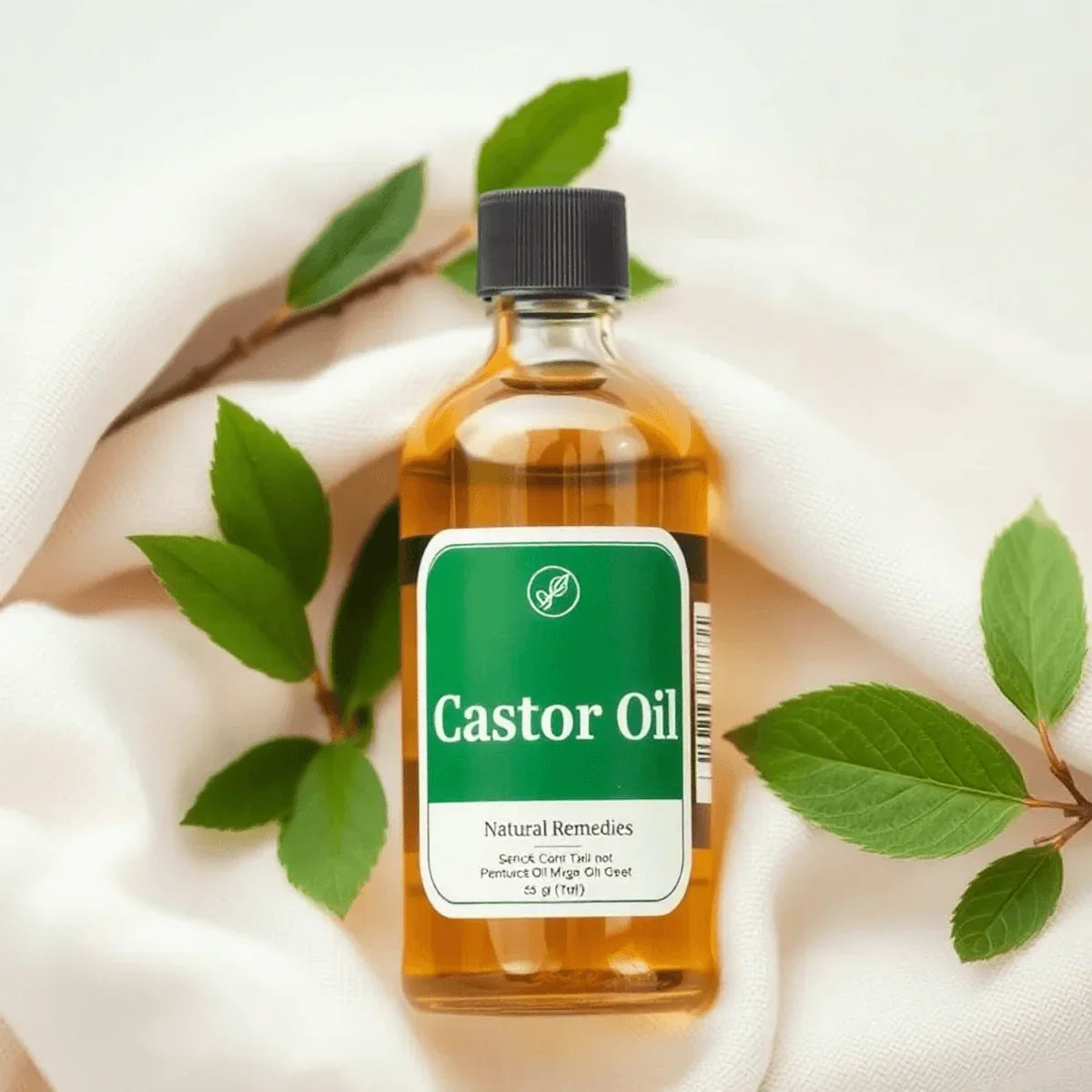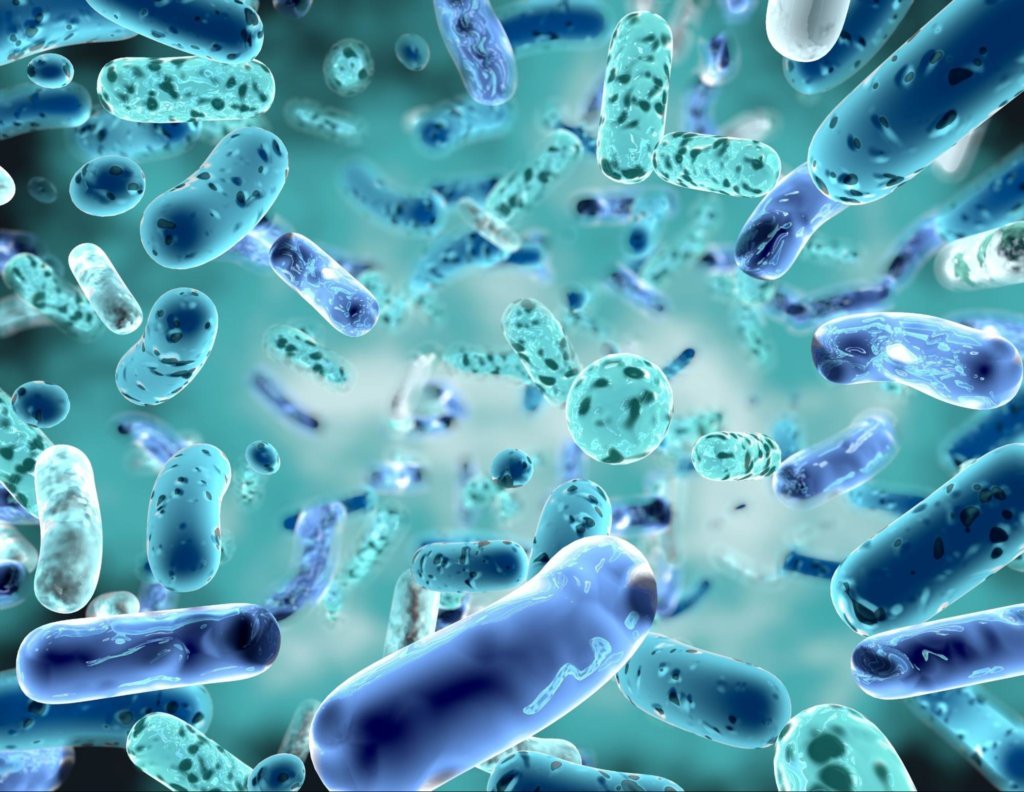Eczema on the Penis: Understanding Symptoms, Treatments, and Causes

Introduction
Eczema on the penis, a type of genital eczema, is a skin condition that affects many individuals, causing discomfort and distress. This condition can lead to symptoms such as intense itching, discolouration, soreness, and changes in skin texture. Understanding these symptoms is crucial for effective management and treatment.
Why is it important?
- Recognising the symptoms and seeking appropriate treatments can help alleviate discomfort.
- With no cure available for eczema, managing symptoms becomes essential for improving quality of life.
The purpose of this article is to provide comprehensive information on eczema affecting the penis. You'll find insights into symptoms, possible causes, and practical treatment options. By equipping yourself with knowledge, you can take informed steps towards managing this challenging condition. Whether you're personally affected or supporting someone who is, this guide aims to offer clarity and support.
Understanding Eczema
Eczema, medically known as dermatitis, is a long-term inflammatory skin condition characterised by itchy, red, and swollen patches of skin. It can affect various parts of the body, including sensitive areas like the genitals.
Types of Eczema Relevant to Genital Areas
1. Atopic Dermatitis (AD)
- Description: The most common form of eczema, often affecting the cheeks, arms, and legs.
- Genital Impact: On the penis, it can cause itchy, dry, and scaly skin. Chronic AD may lead to peeling, oozing or darkening of the skin.
2. Seborrheic Dermatitis (SD)
- Description: A chronic form of eczema occurring on oily skin areas.
- Genital Impact: Causes discolouration and swelling with possible greasiness. Yellowy-white flakes or scales might appear in the groin area.
3. Contact Dermatitis (CD)
- Description: Occurs when the skin reacts to direct contact with irritants or allergens.
- Genital Impact: Irritant contact dermatitis is prevalent due to the sensitivity of genital skin and factors like sweat and friction. Common triggers include soaps, body washes (like our Eczema Body Wash), and toilet paper. Allergic reactions could stem from personal lubricants, latex condoms or spermicidal products.
Commonality of Eczema with a Focus on Penile Cases
Eczema on the penis is not uncommon and affects a significant number of individuals globally. The MyEczemaTeam community alone has noted that over 750 members report experiencing penile eczema symptoms. This underscores the importance of understanding this condition for effective management and support.
For those seeking relief from eczema symptoms, exploring natural ingredients in skincare products may be beneficial. Our Eczema Cream, made from 95% natural ingredients, is specifically designed to provide relief from conditions such as Atopic Dermatitis and Psoriasis while being suitable for all ages.
Symptoms and Causes of Penile Eczema
Eczema on the penis manifests through a variety of distressing symptoms that can significantly impact daily life. Individuals may experience persistent itching, which often becomes intense and difficult to ignore. This itching can lead to further complications, such as skin damage from scratching. The affected area might also show signs of discolouration, ranging from redness to darker patches, depending on the individual's skin tone. Additionally, inflammation is a common symptom, causing swelling and tenderness.
More severe cases may present with open sores or ulcers, which increase the risk of infection and require careful management. These symptoms are not only physically uncomfortable but can also cause emotional distress due to their sensitive location.
Factors Contributing to Penile Eczema
Several factors contribute to the development of penile eczema:
- Irritants: Common irritants include everyday products such as soaps, detergents, and body washes. These substances can strip the skin of its natural oils, leading to dryness and irritation.
- Allergens: Allergens like pollen or animal dander can trigger eczema flare-ups. In some cases, individuals might be allergic to specific materials found in personal care products or clothing.
- Genetic Predisposition: A family history of eczema or other allergic conditions may increase the likelihood of developing penile eczema.
- Hormonal Changes: Fluctuations in hormone levels, such as during puberty or certain medical conditions, can affect skin health and contribute to eczema.
The Role of Genital Skin Conditions
The sensitive nature of genital skin plays a role in its susceptibility to eczema. Conditions such as atopic dermatitis (AD), seborrheic dermatitis (SD), and contact dermatitis (CD) are particularly relevant because they thrive in areas with delicate skin. For instance:
- Atopic Dermatitis (AD): Often results in itchy, dry, and scaly skin.
- Seborrheic Dermatitis (SD): Typically affects oily areas, leading to greasiness and discolouration.
- Contact Dermatitis (CD): Can stem from either irritant or allergic reactions.
Understanding these symptoms and causes lays the groundwork for effective management strategies.
Diagnosing and Treating Penile Eczema
For anyone experiencing symptoms of penile eczema, consulting a healthcare provider or dermatologist is crucial. A professional diagnosis ensures that you receive appropriate treatment and rule out other possible conditions, like sexually transmitted infections or fungal infections, which may mimic eczema symptoms.
Importance of Consulting a Doctor
- Accurate Diagnosis: Only a healthcare provider can provide an accurate diagnosis by examining the affected area and possibly conducting skin tests.
- Expert Guidance: A dermatologist can offer insights into the specific type of eczema affecting you, whether it be atopic dermatitis, seborrheic dermatitis, or contact dermatitis.
- Tailored Treatment Plan: Professionals can create a customised treatment plan based on your unique symptoms and triggers.
Treatment Strategies
Managing penile eczema focuses on relieving symptoms and preventing future flare-ups. Here are some common strategies:
- Topical Corticosteroids: Often prescribed to reduce inflammation and itching. Over-the-counter options like hydrocortisone may be suggested for mild cases, while stronger prescriptions are available for more severe symptoms.
It's essential to follow the application instructions carefully to avoid potential side effects.
- Topical Immunomodulators: Medications such as Protopic (tacrolimus) or Elidel (pimecrolimus) can help reduce inflammation without the use of steroids.
- Emollients: These moisturisers help soothe dry, itchy skin. Applying them after topical medications enhances their effectiveness by locking in moisture.
- Avoidance of Irritants: Identifying and avoiding irritants is critical. This may include switching to fragrance-free cleansing products and wearing loose-fitting cotton underwear.
- Over-the-Counter Anti-Itch Products: Products containing calamine lotion or antihistamines may provide additional relief from persistent itching.
Maintaining open communication with your healthcare provider is key to managing penile eczema effectively. Regular check-ups allow for adjustments in treatment plans as needed, ensuring optimal care tailored to your situation.
Managing Eczema Symptoms Effectively and Seeking Support
Avoiding Irritants
Taking steps to minimise exposure to irritants is crucial in managing eczema symptoms on the penis. Identifying triggers is the first step; common ones include fragranced products, synthetic fabrics, and certain personal care items. Consider these practical tips:
- Use fragrance-free products: Opt for unscented soaps, lotions, and detergents to reduce skin irritation.
- Wear loose-fitting clothing: Choose breathable materials like cotton to avoid friction and sweating.
- Be cautious with contraceptives: If using topical treatments, consider alternatives to latex condoms which can cause irritation.
Genital Hygiene Practices
Maintaining proper genital hygiene with the right products plays a significant role in managing penile eczema. Here are some effective practices:
- Gentle cleansing: Use warm water and a nondetergent cleanser specifically designed for sensitive skin. Aveeno Fragrance-Free Baby Cleanser is a recommended option.
- Protection before showering: Apply an emollient before shampooing to create a barrier against irritants.
- Regular moisture application: After cleansing, apply emollients or moisturisers to keep skin hydrated and prevent dryness.
Prioritising these strategies can significantly alleviate discomfort associated with penile eczema. A proactive approach in avoiding irritants combined with diligent hygiene practices supports long-term management of symptoms.
For those experiencing pain as a result of eczema, exploring natural methods for effective pain relief and management might be beneficial. Additionally, adopting natural health practices can further enhance overall well-being during this challenging time.
Conclusion
Understanding and managing symptoms effectively is crucial when dealing with eczema on the penis. Seeking professional help from healthcare providers ensures you receive accurate diagnosis and appropriate treatments tailored to your needs. Implement self-care strategies, such as avoiding irritants and maintaining hygiene with suitable products, to alleviate discomfort. Remember, while there is no cure for eczema, implementing these practices can significantly improve your quality of life. Stay informed about the condition's symptoms, treatments, and causes to take proactive steps in managing your health journey.
FAQs
What is eczema on the penis?
Eczema on the penis, also known as genital eczema, is a skin condition characterised by inflammation and irritation in the genital area. It can manifest through various symptoms and requires proper understanding for effective management.
What are the different types of eczema that can affect the genital area?
The main types of eczema relevant to the genital areas include Atopic Dermatitis (the most common form), Seborrheic Dermatitis (which occurs on oily skin), and Contact Dermatitis (which results from a reaction to direct contact with irritants or allergens).
What are common symptoms of penile eczema?
Symptoms of penile eczema can include redness, itching, dryness, scaling, and discomfort. These symptoms can vary in severity and may cause significant distress to those affected.
What factors contribute to the development of penile eczema?
Several factors can contribute to penile eczema, including irritants such as soaps or detergents, allergens like latex or certain fabrics, hormonal changes, and underlying skin conditions. The sensitive nature of genital skin also plays a significant role.
Why is it important to consult a doctor for penile eczema?
Consulting a healthcare provider is crucial for an accurate diagnosis and appropriate treatment. Only a medical professional can determine the specific type of eczema and recommend effective management strategies tailored to individual needs.
How can one manage symptoms of penile eczema effectively?
Managing symptoms involves avoiding irritants, maintaining proper genital hygiene with suitable products, and following prescribed treatments. It's essential to take proactive measures to minimise exposure to triggers and seek support when needed.












